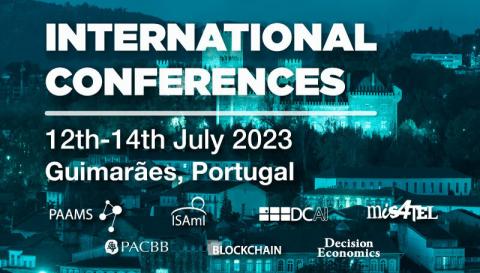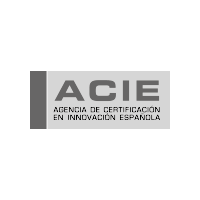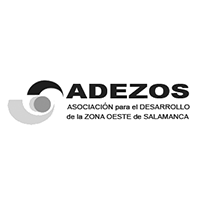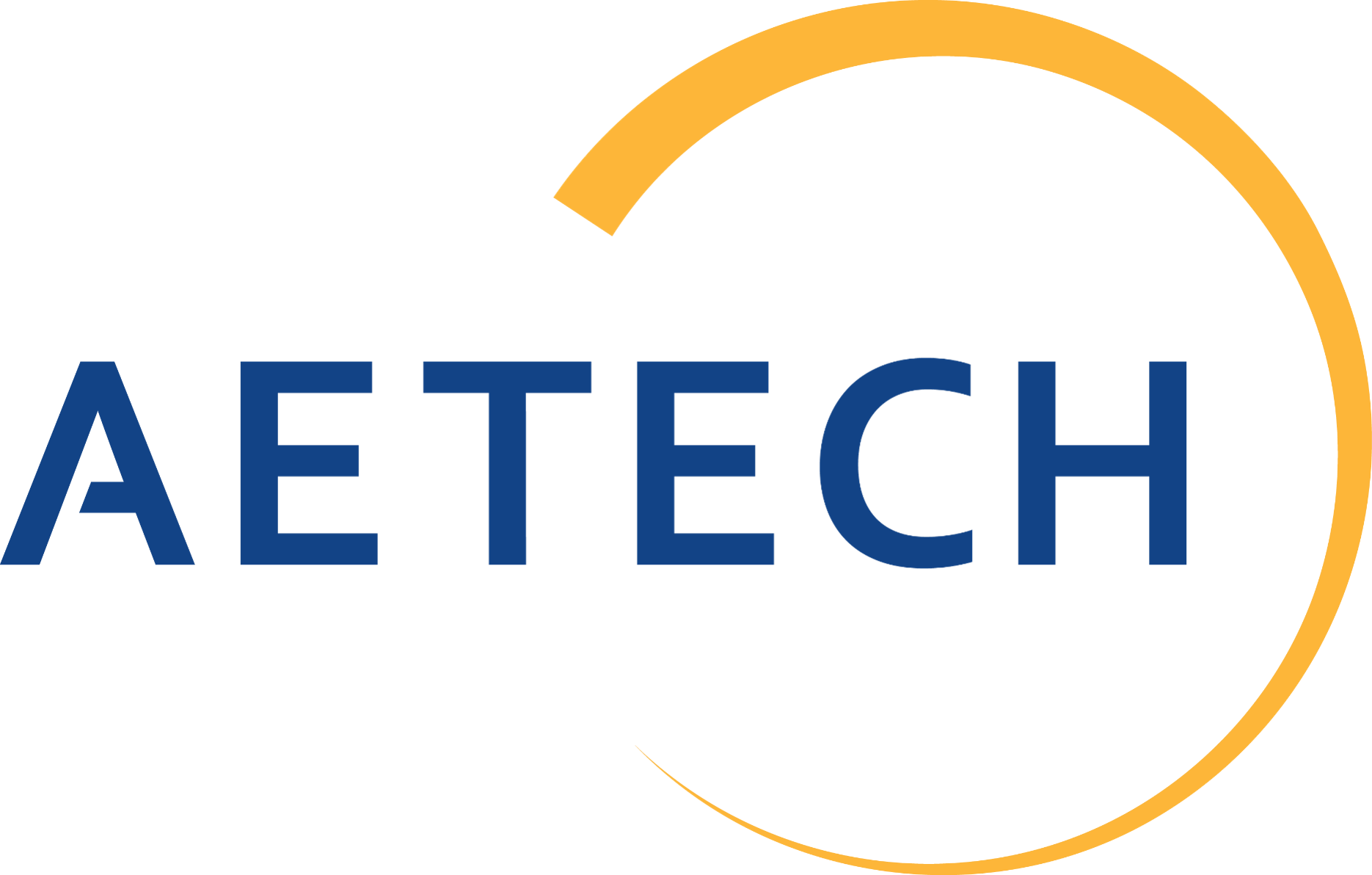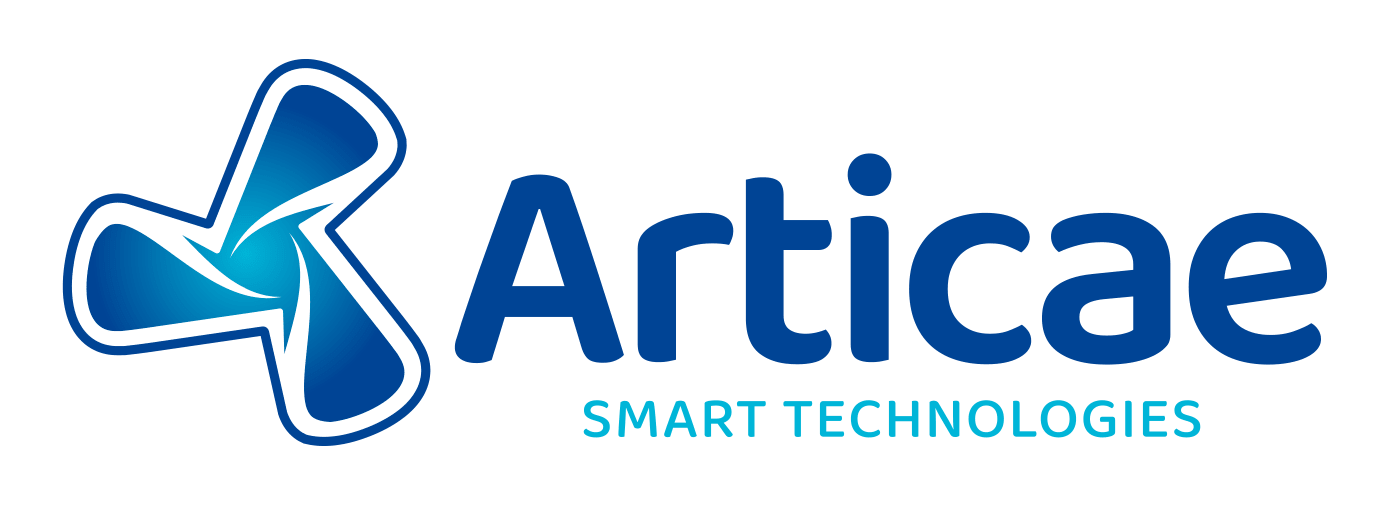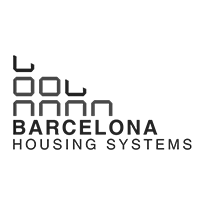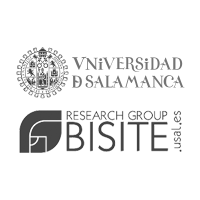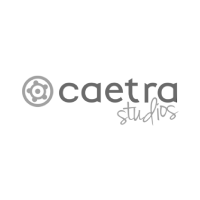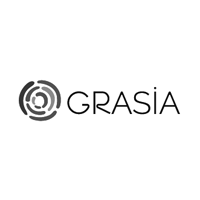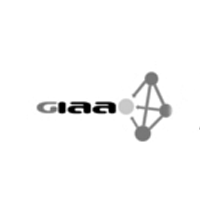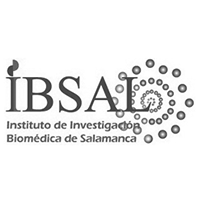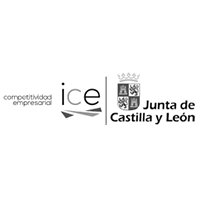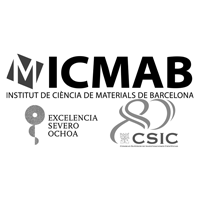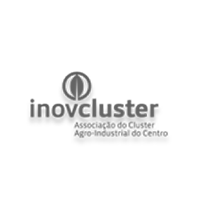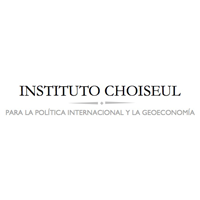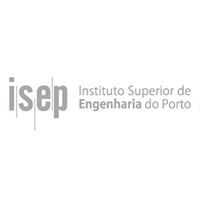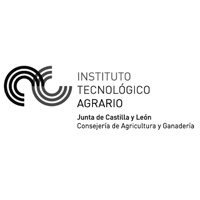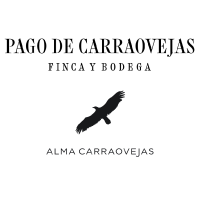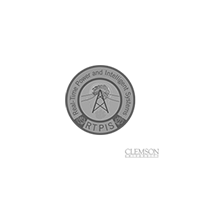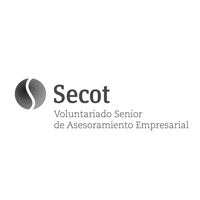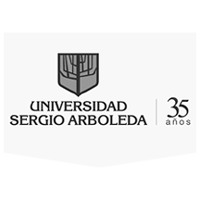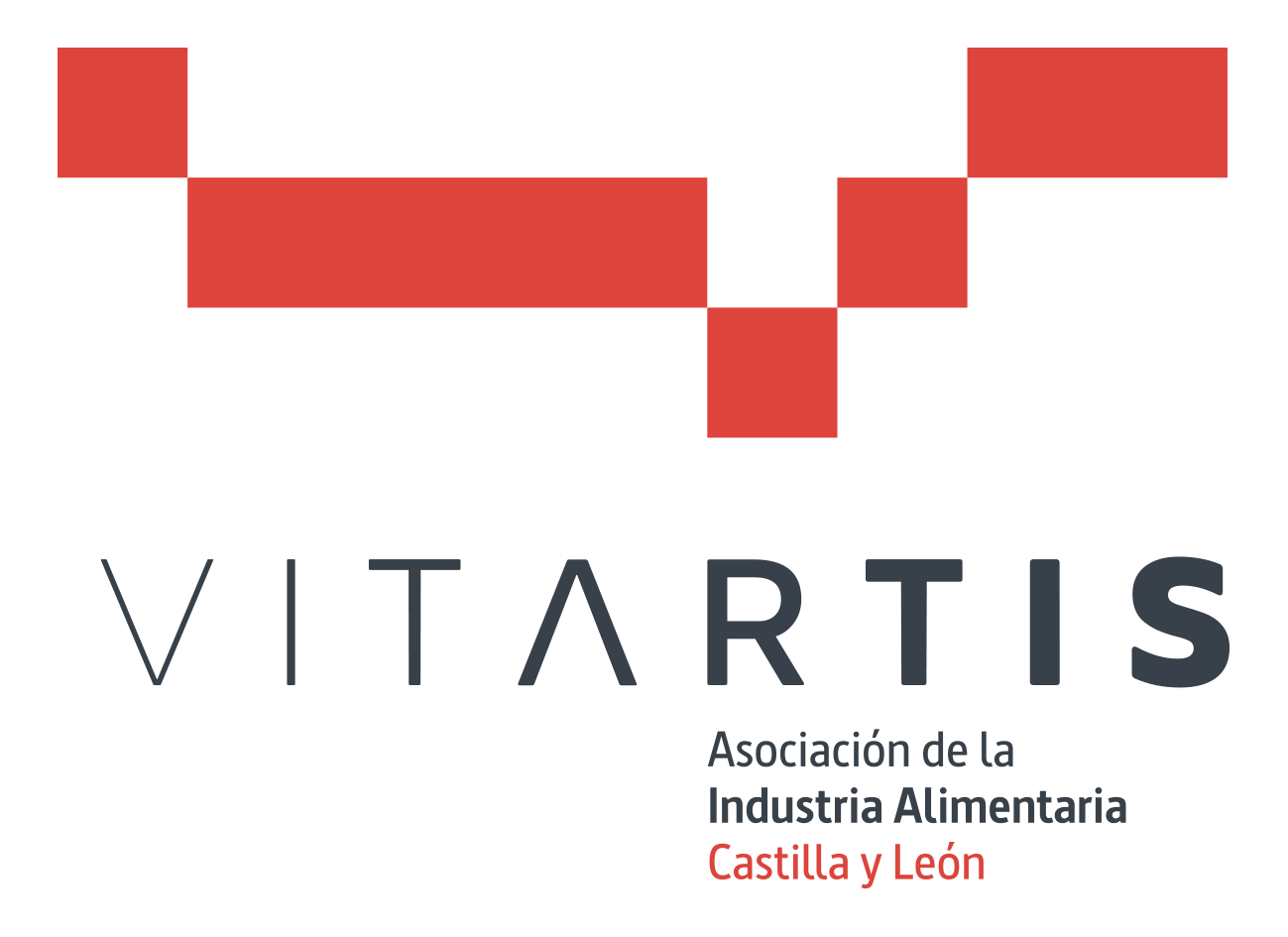Guimarães (Portugal) hosts the PAAMS International Conference on Multi-Agent Systems from 12 to 14 July
Organisation and attendees
The 21st edition of the International Conference on Practical Applications of Agents and Multi-Agent Systems (PAAMS) will be held in Guimarães on 12, 13 and 14 July. Following last year's conference in L'Aquila (Italy) and the one in 2021 in Salamanca (Spain), the congress returns to Portugal, where it was previously hosted by Porto in 2017. The event brings together researchers, academics and experts from around the world to discuss the latest scientific and technical advances in the field of multi-agent systems, blockchain, artificial intelligence and other technologies.
The hybrid format will allow around 500 attendees (300 in person and 200 online) to attend the planned plenary sessions, conferences and workshops, which will be given by experts from universities in many countries such as France, Italy, Germany, Norway, Japan, the United States and Saudi Arabia, among many others. The quality and excellence of PAAMS conferences and their organisation over the past twenty editions have led to PAAMS being endorsed and recognised with a B classification by the CORE Ranking.
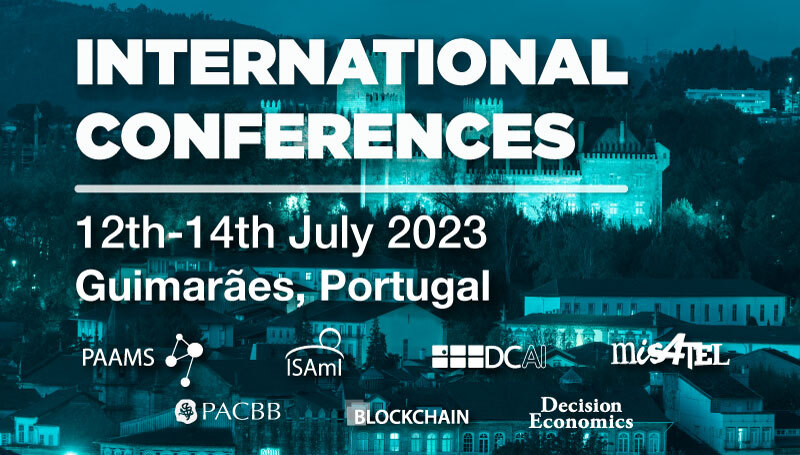
PAAMS Programme
This year, the central theme is "Cognitive Mimetics", and the submitted papers and presentations will cover topics such as distributed problem solving, agent-based simulation and prediction, human-agent interaction, ambient intelligence, e-learning and educational systems, among others. In parallel, several conferences will be held covering different areas of research: MIS4TEL, educational technology; DCAI, artificial intelligence; ISAMI, environmental intelligence; PACBB, bioinformatics; DECON, economics; and BLOCKCHAIN.
The conferences include the plenary sessions, which will feature four renowned experts: Julien Bourgeois, professor of computer science at the University of Bourgogne Franche-Comté (France), will present "Building Real Objects with a Multi-agents System". Tuomo Kujala, Professor of Cognitive Science at the University of Jyväskylä (Finland), will talk about linguistic modelling and artificial intelligence in "Cognitive Mimetics - Are big data and deep learning enough for intelligence? Rui Prada, professor of computer science at the University of Lisbon (Portugal), will give a talk on "Applications of Social Agents in Games and Social Robotics". Finally, the fourth plenary session will be given by Mike Sharples, Emeritus Professor of Educational Technology at the Open University (UK), who will discuss in depth the capabilities and limitations of chatGPT and other intelligences in their application to education through "Generative AI: Implications for Assessment and Learning".
Similarly, three workshops will be held, "Adaptive Smart Areas and Intelligent Agents (ASSIA), "Character Computing (C2)" and "Decision Support, Recommendation and Persuasion in Artificial Intelligence", dealing with topics such as smart cities, intelligent mobility, agricultural robotics, machine learning and virtual reality.
AIR Institute, a Spanish artificial intelligence institute and one of the coordinators of PAAMS, will award 1,000 euros to the best demonstration paper at the conference. In addition, a committee of experts will select the best papers to be published in the special issues of journals such as MDPI Sensors, MDPI Electronics, MDPI Systems or ADCAIJ.
Organisers and sponsors
PAAMS is made possible thanks to the sponsorship of AIR Institute and the Municipality of Guimarães and the joint organisation of Universidade do Minho, Centro ALGORITMI, Intelligent Systems Associate Laboratory (LASI), Université de Lille, Umeå University, Universidad de Salamanca, Nanyang Technological University, Malmö University, University of Delaware, Centre National de la Recherche Scientifique, KU Leuven, Kyoto University, Purdue University, TU Clausthal, Czech Technical University in Prague and Università degli Studi di Modena e Reggio Emilia, as well as the support of the Spanish Association for Artificial Intelligence (AEPIA) and the Portuguese Association for Artificial Intelligence (APPIA).
